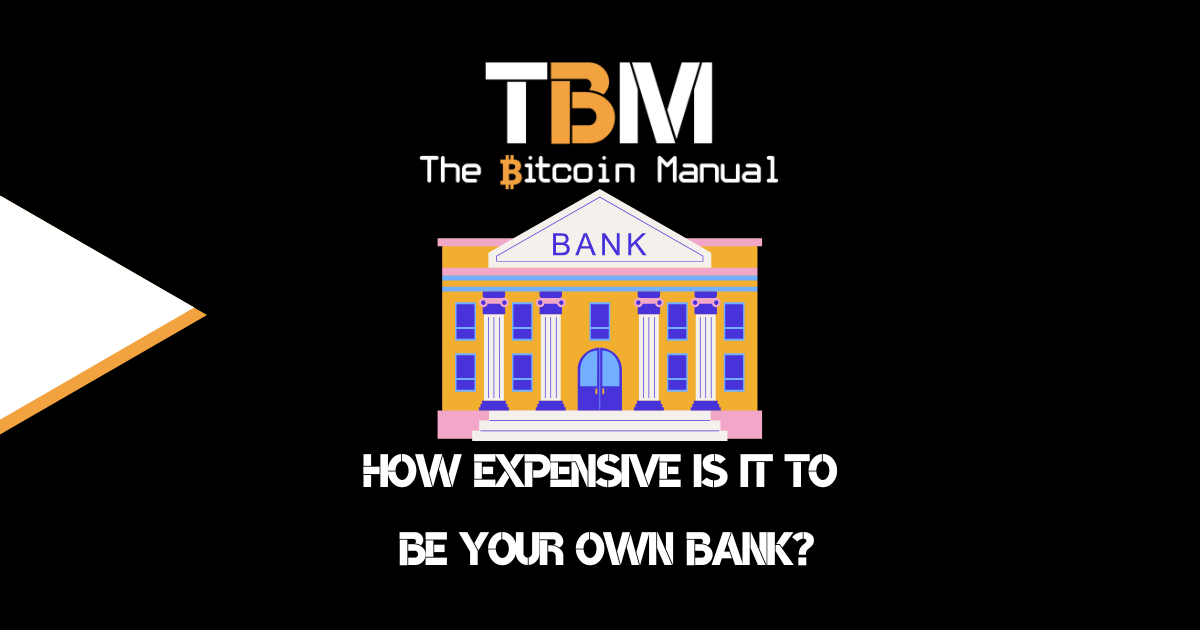The idea of treating yourself has become part of our modern culture. We work hard each month and then once we receive our compensation we’re encouraged to go out and spend it as fast as possible.
Do you think it’s an altruistic sense driving corporations to constantly tell us we “deserve” fancy electronics and indulgent food? No, they need your money to repair their impaired balance sheets. They’ve taken a considerable risk and are trying to exchange overpriced goods and services for your working capital.
They are actively encouraging you to destroy your balance sheet to bail them out, which isn’t a reasonable request. So how do you get consumers to act irrationally?
You craft a narrative that makes it culturally acceptable to act that way. Once it takes hold in society, it normalises, and no one questions the behaviour.
Advertising disguised as advice.
As a marketer, I am guilty of pushing this mindless consumption on the general public. We sit in meetings each week thinking of ways to surround people with the idea of consumerism.
We craft subtle ways to constantly bombarded you with ads to get you to buy more things.
It consists of a mix of advertising, from direct in your face banners and commercials to the annoying unskippable preroll ads before your YouTube video. It could be a billboard on your way to work or a jingle on the radio, or a helpful article—even a product placement in your favourite medium of entertainment, sports, movies and podcasts.
This constant repetition is a proven model to wear down anyone’s resolve, and we find ways to justify irrational purchases. Look around your home; it’s filled with shit you don’t have any practical use for or need—trinkets, ornaments, clothing and more.
You’re encouraged to feel that wealth comes from surrounding yourself with more stuff.

The guise of self-care.
Consumer culture, with its typical anything-worth-doing-is-worth-overdoing attitude, has reduced self-care to buying stuff. Treating yourself has been conflated with self-care; you’re looking after yourself by buying all this stuff.
You’re enriching your life;
you’re adding more comfort.
You’re celebrating your success.
I mean, who doesn’t like to take care of themselves?
We don’t want to feel discomfort for any short space of time before we need a reward. Twenty-two days of work and you MUST treat yourself, is that how soft we’ve become as a people?
The idea of self-care started as a way of enriching yourself physically, mentally or spiritually, but that takes work, work none of us feels like doing.
How is work a treat?
Buying stuff is so much easier; for the swipe of a credit card, You’ve now achieved self-care.
Wealth conflated with excess.
Under the fiat system, money continues to lose value over time; if you do not spend it as soon as possible, you get to utilise less of that value. There is little incentive to save, and very few people are good capital allocators. The idea of investing can be daunting, and the information asymmetry in the market makes you a sitting duck for more prominent players and macro events where you cannot hedge against the risk.
So a brave few will take on the investment game while the vast majority would instead consume the capital immediately. They get to see where their money went, even if it went down the proverbial drain.
We surround ourselves with more stuff, better stuff, the latest stuff and more throw away stuff. We document that stuff on our social media all to portray our ability to tap into the excess. It’s the easiest way to display success. Even when you’re showing off, you’re utterly awful at allocating capital.
The majority of society will encourage you as they all play the same game and don’t want to be told differently.
Advertising has us chasing cars and clothes, working jobs we hate so we can buy shit we don’t need. We’re the middle children of history, man—no purpose or place. We have no Great War. No Great Depression. Our Great War’s a spiritual war. Our Great Depression is our lives. We’ve all been raised on television to believe that one day we’d all be millionaires, and movie gods, and rock stars. But we won’t. And we’re slowly learning that fact. And we’re very, very pissed off.
– Tyler Durden, Fight Club
Sadly very few of us are pissed off enough to act; those that are, have become Bitcoiners. Those that don’t continue to play the consumption game, thinking one day things will change by repeating the same mistakes.
Consumption as identity.
The fiat system continues to erode our individuality and side with collective thinking. In a society where very few have access to capital to drive their ideas, they absorb the most popular ideas. Consumption is a way to craft an identity. We are what we own, what we wear, all that becomes a part of how we broadcast to the world who we are, what we stand for, our social rank, and what’s important to us.
Even if you think you’re a contrarian, these corporates are profiting from it. You may consider avoiding certain types of consumption to fight the system, but the system actively accommodates you with a convenient protest.
You do not like Nike’s labour practices, so you decide to buy shoes from another brand. You may not like factory farming, so you decide on overpriced monocropping products.
You have not taken a stand; this is still consumption as identity; that’s the real trick.
Bitcoin is the treat, not the trick.
Acquiring true wealth comes with work, dedication and time. It comes from being able to delay gratification and take your surplus productivity and store it correctly. It requires you to build excess capital for yourself. Preserved capital provides you with several luxuries, the luxury of choice.
Bitcoin is not easy; it takes work, it takes dedication, commitment and may not seem like the treat we’re accustomed to since there’s no instant gratification.
There’s no dopamine hit or sugar rush that we can enjoy right now. It’s not glamorous.
But acquiring Bitcoin provides you with better bargaining power, the ability to seize opportunities. It gives you more time for yourself, less reliance on third parties and finally. It allows you to fund any idea you may have for an improved product, service or way of living.
What more fabulous a treat could there be?




